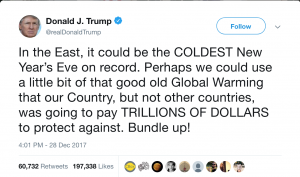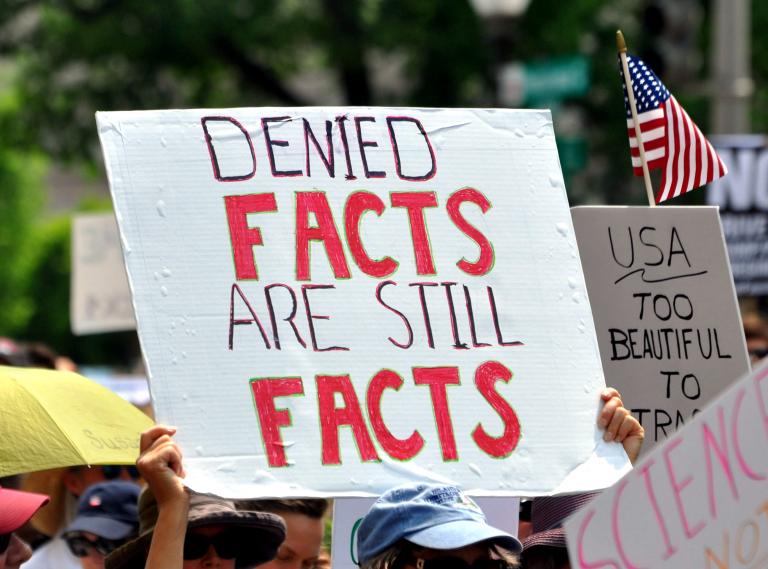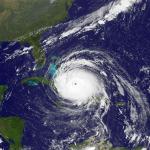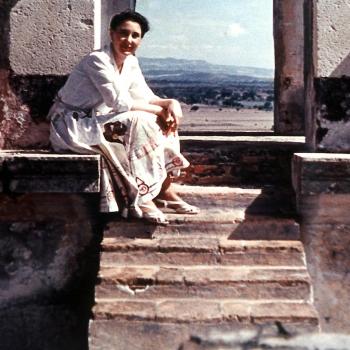Last week, climate scientists from the UN’s Intergovernmental Panel on Climate Change (IPCC) released a special report on global warming (covered in Part I). With unprecedented urgency, these scientists urge us to take action against climate change.
When asked about the report, Trump told reporters “I want to look at who drew it. You know, which group drew it.” Given that the leader of the free world thinks climate change is a Chinese conspiracy, and has ravaged American environmental policy, it looks unlikely that we will make progress on national policy until he is out of office.
Aside from political action, what can we do? What does this report demand of us as individuals?
Dispel the myths
We have to dispel key misconceptions about climate change.

First of all, the public misunderstands “scientific consensus.” This does not require unanimity, only general agreement. There can be dissent within the scientific community without threatening the conclusion that climate change is real. This is especially important in the age of social media, when one scientist’s opinion can be spread like wildfire. It’s also important to funding from corporations or partisan groups can bias scientific results.
Secondly, climate is not weather. Climate change does not mean there will not be cold days, or cold months. Therefore, a snow storm is not evidence against global warming. Climate change won’t make the world 72 and balmy; it generates extreme and erratic weather.

Third, a few degrees of change in climate is not “no big deal.” It has very dramatic effects. Already, we are seeing sea level rise and flooding, infectious disease, the destruction of coral reefs and species extinction, droughts, hurricanes and landslides.

Finally, climate change is not just an issue for the Democratic party. Though it has become highly ideological, and is used as a weapon in the political sphere, climate change is not partisan. It’s a concern for all of humanity.
We must dispel these myths and rally support for climate action in our communities.
A call to conversion
Climate change is a moral and spiritual challenge, not just a political and economic one.
God’s creation has been entrusted to us as a gift; we are its stewards. As Pope Francis writes in Laudato Si:
Living our vocation to be protectors of God’s handiwork is essential to a life of virtue; it is not an optional or a secondary aspect of our Christian experience
We have a responsibility to care for and protect all of creation, which includes all people. This includes future generations! But in particular, this concerns the marginalized of our society. People living in poverty have contributed the least to climate change, and yet bear the burden disproportionately. We are called relationship with them, and to enter into solidarity with them. This demands that we reduce our consumption of resources and help poorer nations develop sustainably. These changes require conversion in our communities and our governments.
But ultimately, the conversion must begin in our own hearts. We must renew our relationships with God and with others, and with the created world. From this interior transformation, we will have the strength and wisdom to change our lifestyle and consumption, to live as stewards of creation. An inestimable gift has been given to us; we are asked t0 respond with gratitude.
Practical steps to take
On a practical level, what does this conversion look like? Here are some changes we can implement in our own lives:
- Support action against climate change in politics
- Eat less meat and choose seasonal and local food
- Reduce, reuse, and recycle
- Use public transportation, walk, or ride your bike
- Make changes at your church, school, or office
- Cultivate mindful awareness of your consumption

When this is difficult or overwhelming, turn to prayer for courage. Offer God thanks and praise for the inestimable gift of His creation, which reflects His Glory. From Job, Chapter 12:
But now ask the beasts to teach you,
the birds of the air to tell you;
Or speak to the earth to instruct you,
and the fish of the sea to inform you.
Which of all these does not know
that the hand of God has done this?
In his hand is the soul of every living thing,
and the life breath of all mortal flesh.
And from Psalm 95:
The Lord is God, the mighty God,
the great king over all the gods.
He holds in his hands the depths of the earth
and the highest mountains as well.
He made the sea; it belongs to him,
the dry land, too, for it was formed by his hands.
Come, then, let us bow down and worship,
bending the knee before the Lord, our maker.
Further reading recommendations
Pope Francis’ encyclical Laudato Si, On Care for our Common Home.
For more on Catholic Social Teaching, go here for a collection of the Church’s social doctrines.












